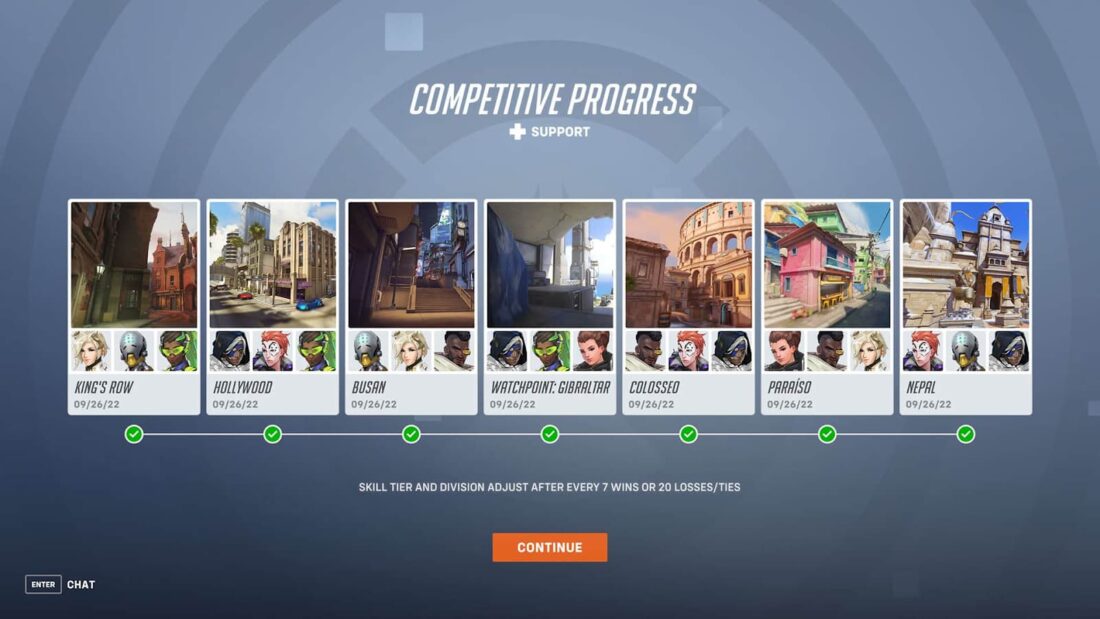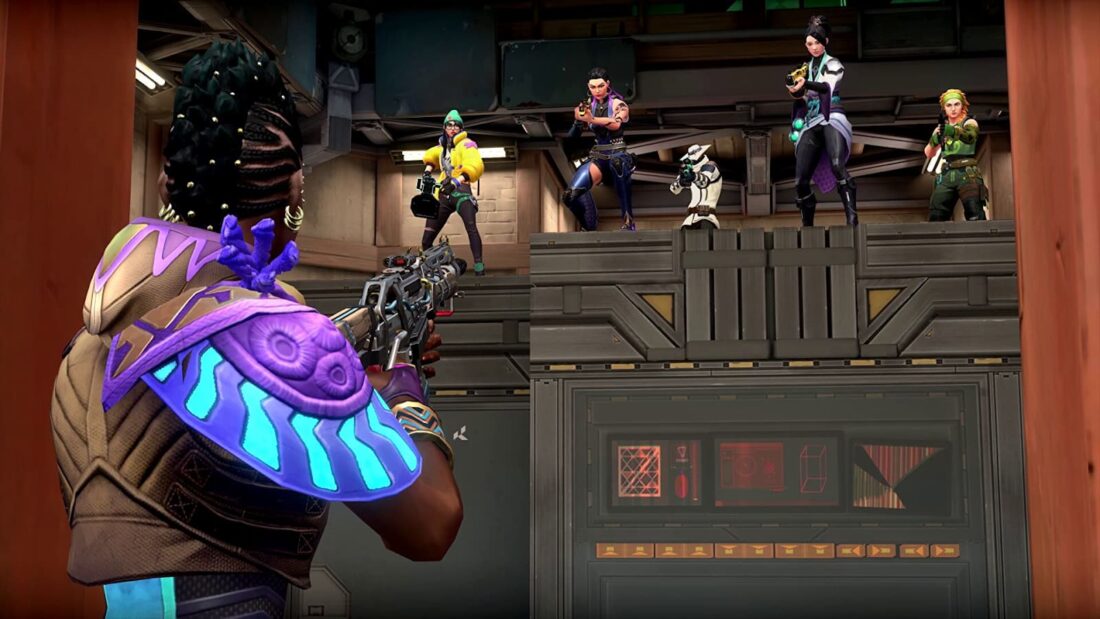
How competitive are you? We would have all sorts of different answers for this. It can differ with the time, place, the people you’re with, your mood or Game title. Since Multiplayer Game developers can precisely predict this for everyone, it’s important for them to include a choice for their player base. This way, it’s our decision whether we want to get whacked or do the whacking in Ranked game modes. If your goal is to reach your desired rank in no time for example in Overwatch 2 then your best way to use Overwatch 2 boosting, professional boosters offer the most safest method for your account with guaranteed results.
What is Competitive Gaming?
Competitive matches in online Multiplayer games are battles in which players pit against one another on virtual battlefields. In these modes, wherever one player wins, the other is assured to lose. There are rare cases of Draws, but they really don’t happen as often.
These matches are especially intense when two teams are duking it out with each other, in an attempt to grasp victory for their own. So many factors contribute to their chances at victory or defeat, including each individual player’s performance. As such, the environment here can be quite tense and stressful at times.
Some games employ Scoring systems to decide the victor, while others follow a simple Win-Lose format. There are cases where the Score is simply an indication of who the winners are likely to be, but the tide of battle can still change.
In most Competitive game modes in major titles like Overwatch 2, League of Legends, DOTA2, and Valorant, ten competing players are arranged into 5-man teams. Here, it’s all about how well you perform relative to the others. Teamplay is also vital, as such victory often goes to the better team rather than the most skilled individual.
Winning Ranked/Competitive matches updates one’s Skill score in-game, indicative of just how good they are in that particular game. There are Game-specific badges to signify one’s Ranking and it’s the most straightforward way to flex your capabilities to others in-game.
Grinding rank is no easy task, but most aim to hit their region’s Leaderboard. As you climb up the ranks, you’ll be up against tougher and tougher opponents each match. You’ll inherently become better at the game as you go along this path, gaining many new things along the way.

Why Developers focus on Competitive Modes
No matter how fun and casual a game may be, there will always be gamers out there who find a way to make it competitive in some way (even in Single-player, yes). As humans, we all like to Win rather than Lose. We prefer to stand above others in one way or another and this nature is brutally reflected in Online Multiplayer games.
When a player takes a certain game seriously, applies the math, experiments, practices and grinds it, they will inherently become better at it. In their brains, the game is broken down to a few core factors and viable strategies. This is why you see so many Gameplay styles in new games, but they slowly die down to a very few formats over time. These formats get overused and people grow tired of them easily, because every match feels identical. At this point, people start to complain about the stagnant nature of the game and leave it.
No Developer wants that, right? So they employ a plethora of strategies to keep players in. Competitive gaming is a great way to do this, as it balances the game around the top players who keep one-upping their foes and making the skill curve more evident. The game itself needs to be made in a way that it allows a variety of strategies to grasp victory. This means matches will have so much more variety and players can now experiment with new combinations to find the keepers. People will grind until they achieve success and they would have something to show for it. Alas! The game is much more fun, dynamic and retains more players now.
High Elo Versus Low Elo
Balancing multiplayer games is tough, especially at separate elos. Developers must focus on balancing at High Elos, because it is them that truly turn the tide of the game and influence all those below them in Rankings. This comes at the price of upsetting the balance at lower elos and in Casual matches. Players on this side of the spectrum aren’t always Competitive and aren’t maximizing all Gaming elements to seize victory. They forge their very own Meta and duke it out with players of their own Skill level. As such, hardcore Balancing efforts here will only go to waste. This neat separation, however, maintains the thrill and shrill of Competitive gameplay within their separate elos.
Most Casual and Low elo players are unlikely to stick with the game for long. They might as well just be here until the hype dies down and the game is no longer fun for them. Not the most profitable investments, are they? People at high elos, however, are serious players who would find it extremely difficult to leave this game they’ve poured so much time, effort and even money into. The ones who have invested the most into a game should rightfully be the Developer’s core audience as well as the most profitable ones. Developers who ignore this importance are unlikely to get far.

In Conclusion…
Competitive Gameplay is ever so important in Online multiplayer for the above reasons. It keeps the players within that title and reel in good profits too. The Competitive System is a major focus of the developers and hundreds upon thousands of players spend countless hours to improve their Rank.
Whether you are a Competitive player or not, there will always be a moment where you just want to get better at the Games you love so much. These instances may be few in number, but when the feeling comes, you will turn to the Competitive System to ascertain your standing relative to other players. No matter what Rank you get, don’t forget to enjoy the Game (at least every now and then) and build up real-life skills and values in the process too!
